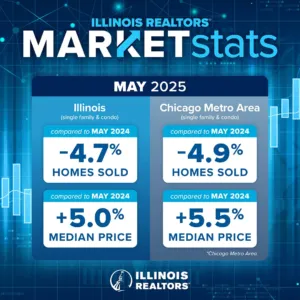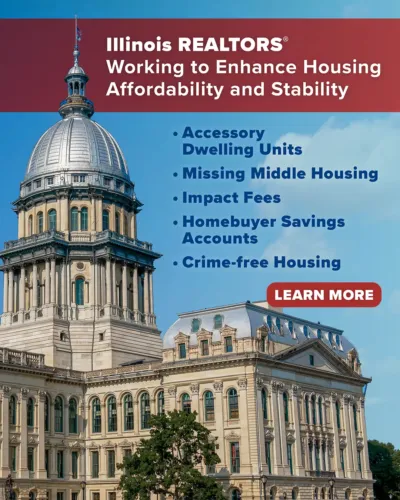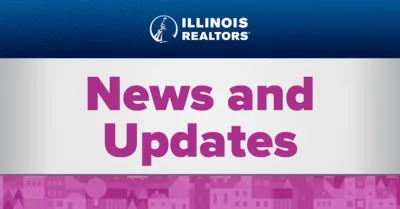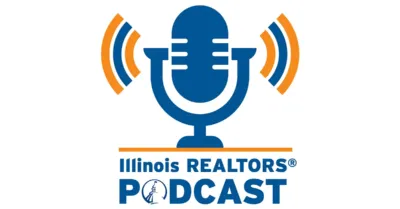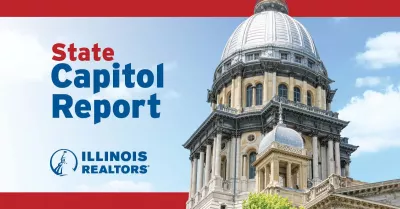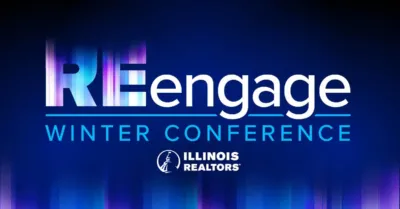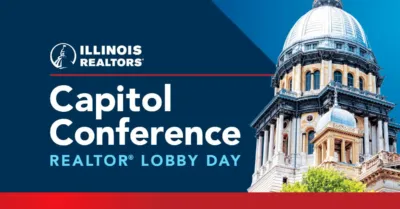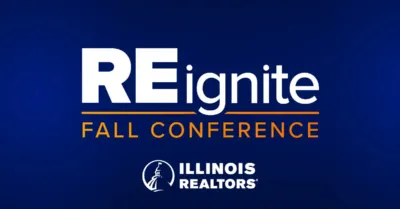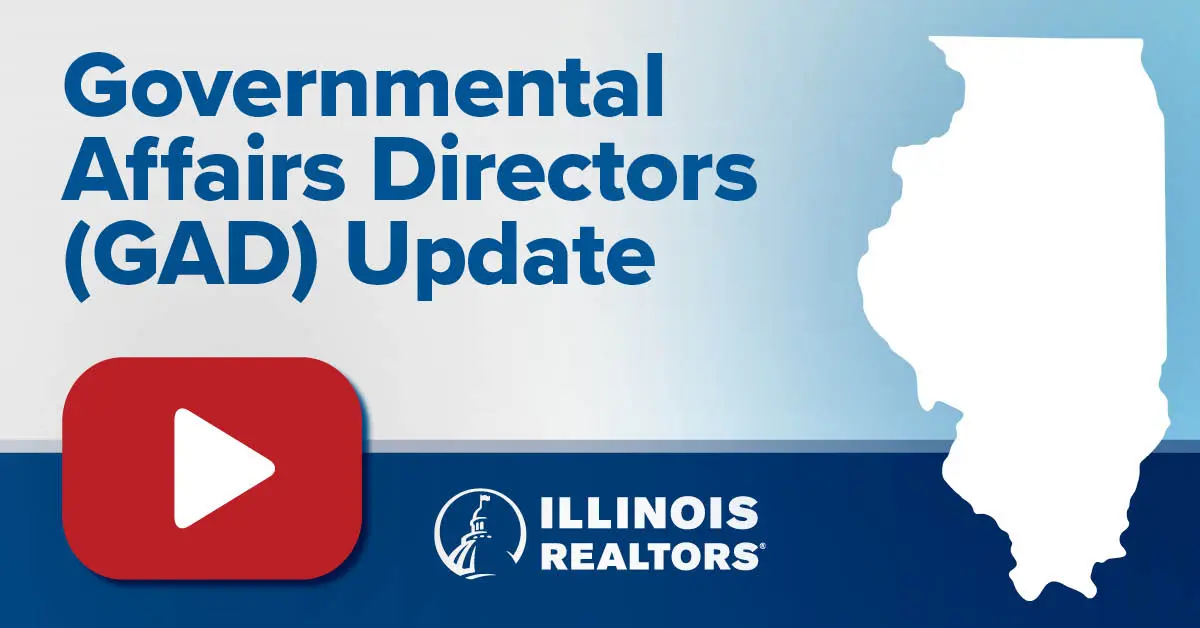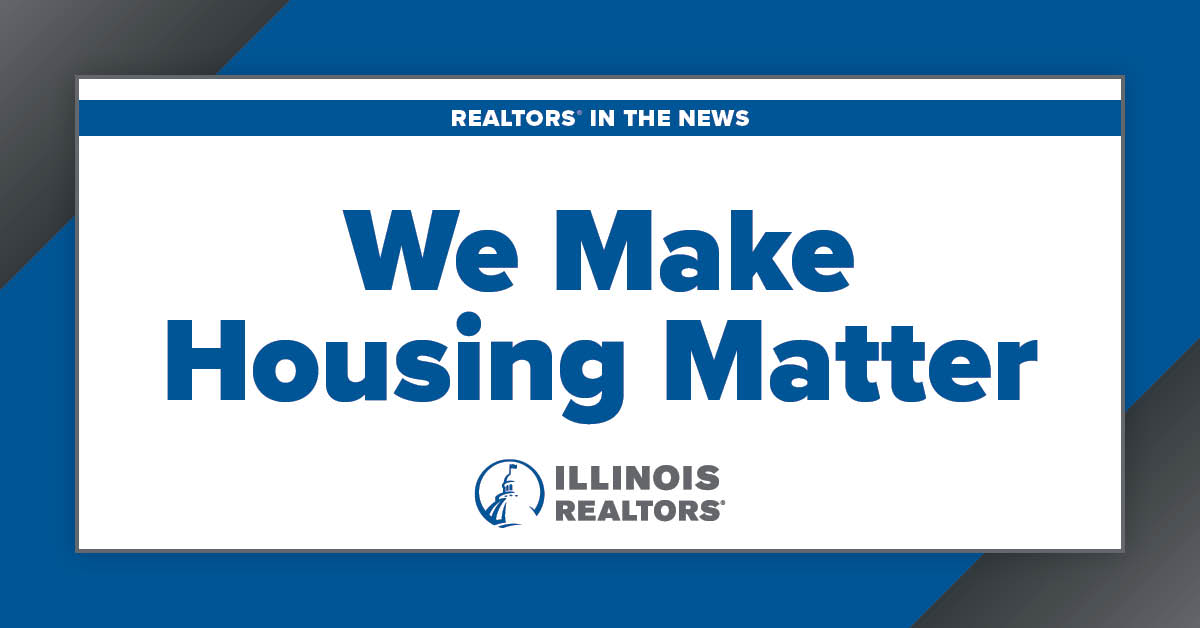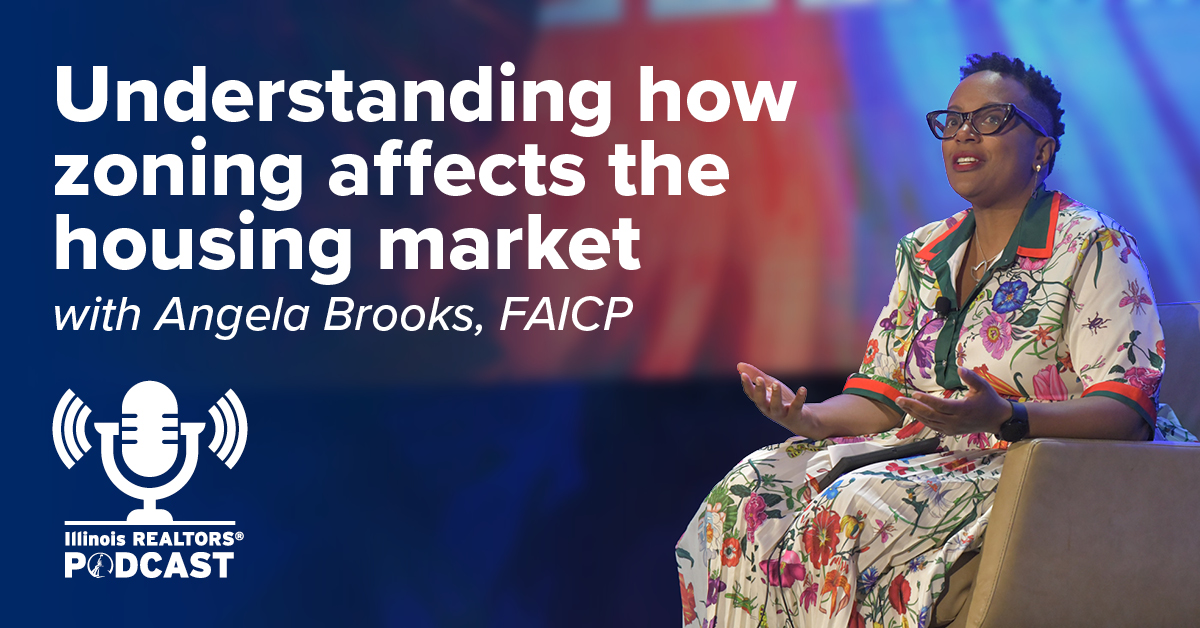Municipalities are increasingly concerned about the high number of vacant properties in their jurisdictions. The Illinois Association of REALTORS® has been dealing with this issue in the Illinois General Assembly as well as in cities and villages where there has been an onslaught of proposed ordinances to regulate in this area.
The biggest trend has been for municipalities to pass a vacant property registry ordinance. Local officials have asserted their need to know where these properties are, and to have point of contact on each. Recently, Cook County got in on the act. The main motivation at the county was to place greater responsibility on mortgagees in the case of vacant and foreclosed homes.
On December 14, the Cook County Board of Commissioners passed a new ordinance which requires properties with vacant buildings to be registered with either the county (if the property is in unincorporated Cook County) or the municipality (if the municipality where the property is located chooses to partner with the county).
This ordinance will go into effect on February 14.
- All owners of vacant buildings (whether a mortgagee or not) will have 30 days after the building becomes vacant to get it registered.
- There is a $250 registration fee and the owner must provide contact information of an agent who is authorized to receive notices from the county or municipality.
- The owner must also show proof of liability insurance or homeowner’s insurance that covers third party liability for the duration of the vacant status registration. Specific property maintenance standards are also spelled out in the ordinance.
For purposes of this ordinance, “vacant” means a building which is lacking habitual presence of human beings who have a legal right to be on the premises or at which substantially all business has ceased. The enforcing entity may consider such factors as the presence of a “For Sale” or “For Rent” sign; if the property had been vacant for three of the nine preceding months. Also, if the property is in probate or involved in an ownership dispute, the property will not be considered vacant. Such determinations will be made by the “enforcing entity” which is either the county (in unincorporated Cook) or the municipality if that municipality is partnering with the county and using this ordinance. The city of Chicago and some suburban municipalities already have similar ordinances on the books.
Under this ordinance, mortgagees must follow the registration requirements and maintain the vacant property within 60 days after a mortgage default.
IAR worked with the sponsors of this county proposal to ensure that the registration fee was not too high (the board reduced it from the original $500 to $250) and that there could be some flexibility on the type of liability insurance that has to be purchased.
IAR will provide information as it becomes available on which partnering municipalities in Cook that this ordinance will apply. Also, IAR will work with municipalities that plan to partner with the county to adopt a policy that states that registration will not be required if the property is vacant but secure and code compliant.

